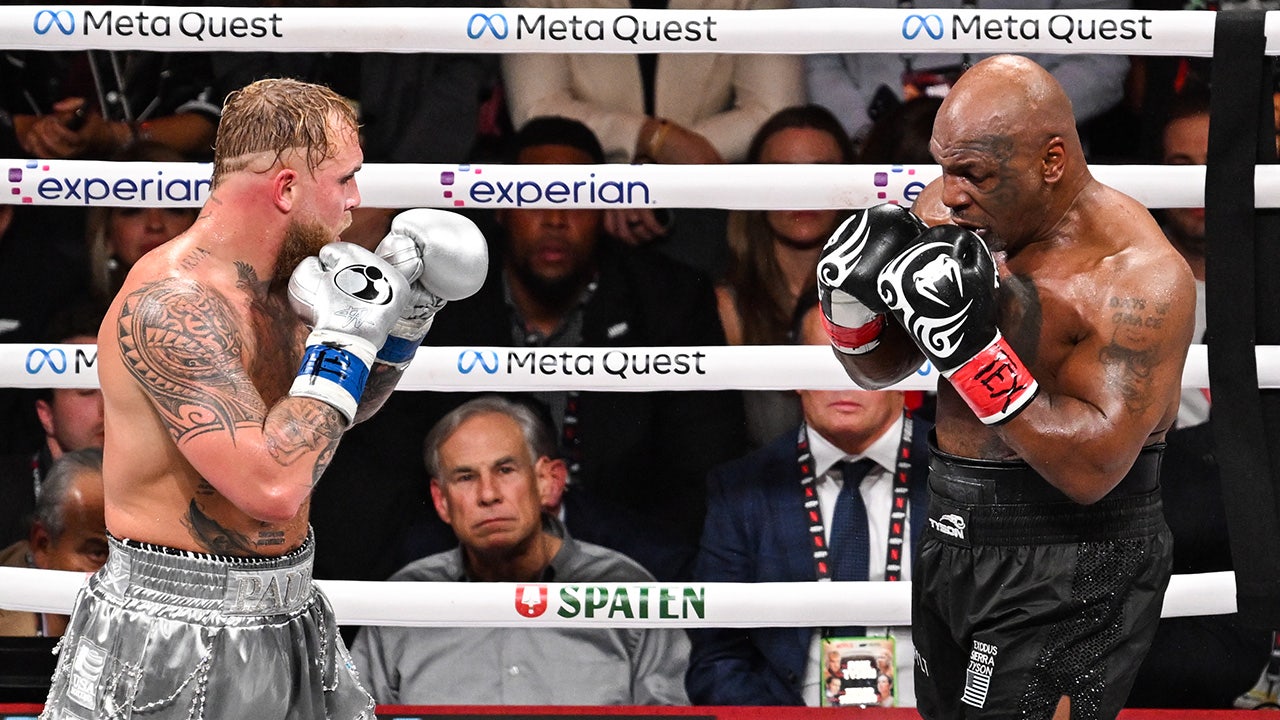Craft beer is a home-grown American business, but it's tangled in global supply chains, Baltimore brewers say.
BALTIMORE — Across Maryland, industries that have long been considered local cornerstones—seafood, poultry, auto imports and craft brewing—are bracing for uncertain disruptions as new tariffs ripple through supply chains.
Monument City Brewing Company in Baltimore is a prime example of a homegrown American business where workers and management are spending the day after President Donald Trump's tariff announcement trying to calculate how the import taxes will impact their future. While some might assume tariffs on European beer imports would benefit local brewers, the reality is far more complex.
"What are we going to get hit with? Aluminum? Raw ingredients? Hops? Barley? That's our big worry," says Joe Gold, sales manager at Monument City Brewing. "Right now, a six-pack costs about $12. If prices spike, we could be looking at $18 or $19 a six-pack. Who’s going to pay that? It crushes our income."
Monument City, like most American craft breweries, depends on a global supply chain. Canadian aluminum for cans, British barley and Czech hops are all essential to their recipes. As tariffs drive up costs, Monument City faces difficult choices: absorb the expense and cut into already thin profit margins, or pass the cost on to customers.
"If we see our prices increase on raw materials—whether that’s aluminum, steel for equipment or kegs, hops, or grain—then we have to make really tough decisions," Monument City CEO Ken Praay said. "Do we pass the increase onto consumers, or do we cut into our already tight profitability?"
Switching to solely American-grown ingredients isn’t a simple solution.
"We’d have to change all our recipes—that’s like trying to change your DNA," Gold said.
The impact extends beyond brewing. Auto imports at the Port of Baltimore—one of the busiest vehicle-handling ports in the country—are facing disruptions as well. Tariffs on foreign-made cars could increase prices by $8,000 to $10,000, making vehicles unaffordable for many consumers. The port’s logistics and processing jobs, which depend on auto imports, also may be at risk, particularly if retaliatory tariffs restrict exports.
Maryland’s poultry and seafood industries are also feeling the squeeze. Increased costs for imported feed grains are hitting poultry farmers, while seafood processors relying on imported crabs and fish are seeing price spikes that threaten their businesses.
However, tariffs on foreign chicken products could provide a boost to poultry processors.
"Your grocery bill? You have no idea what it’s going to look like in two weeks," Gold adds. "None."
Trump argues that tariffs will eventually lead to more American jobs. But for businesses like Monument City Brewing, and for industries across Maryland, it’s the uncertainty of what happens between now and then that is cause for concern.
.png)









 English (US) ·
English (US) ·